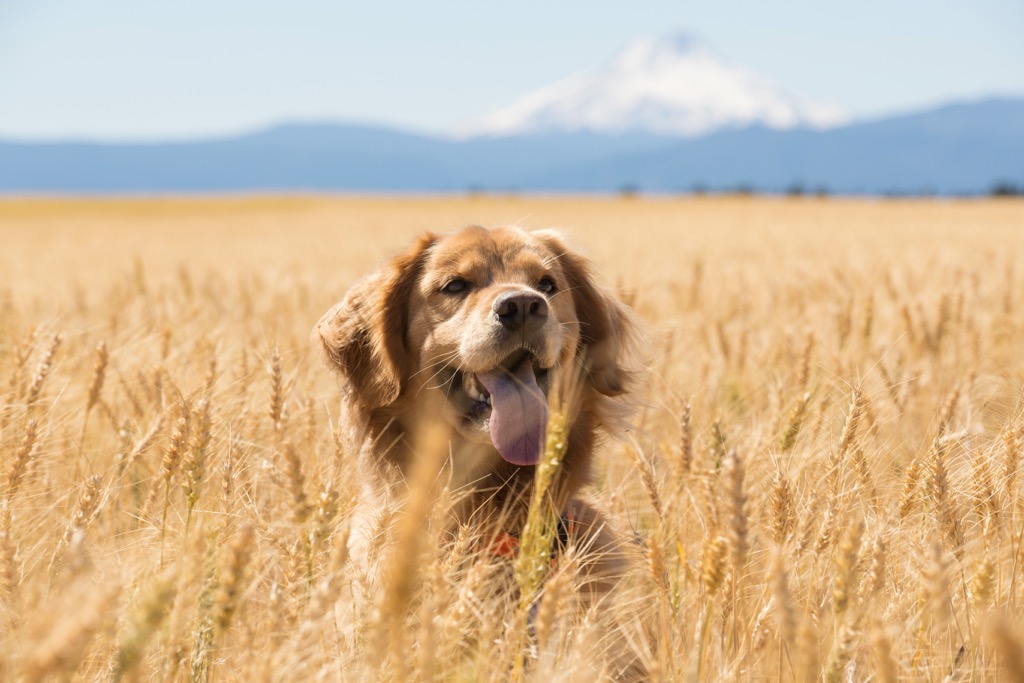Sourcing sustainable plant-based protein

Essential, but how?
Proteins are essential building blocks for the human and animal body, but the production of animal-based protein for both human and pet food consumption is under discussion today because of its environmental impact. Demand for plant-based protein is growing tremendously and will grow more as the global population increases. To make sure we do not exceed the planetary boundaries, it is of crucial importance to gain plant-based protein in a sustainable way.
Valuable co-products
Most companies use land to grow potatoes and peas to extract proteins directly from these cultivated crops.
A more responsible and sustainable way…
Did you think it would be this easy? Nope! Just register. It’s free! Lorem ipsum dolor sit amet, consectetur adipiscing elit. Ut cursus turpis vel cursus ullamcorper. Sed ante mi, finibus eget porttitor a, tincidunt ac dolor. Vivamus ornare semper lorem, consequat commodo lectus elementum vitae. Cras id mattis urna. Donec rutrum dignissim lacinia. Duis ultricies sapien at ipsum tincidunt.
Sed in iaculis elit, sit amet convallis felis. Pellentesque non justo lectus. Donec sollicitudin lorem in sapien euismod varius at vitae mi. Maecenas ut elit ac risus consectetur vulputate. Praesent vel orci ante. Curabitur egestas dapibus nisi ac laoreet. Nullam a lacinia libero, non fringilla nisl.
You’re out of free articles,
register for unlimited access